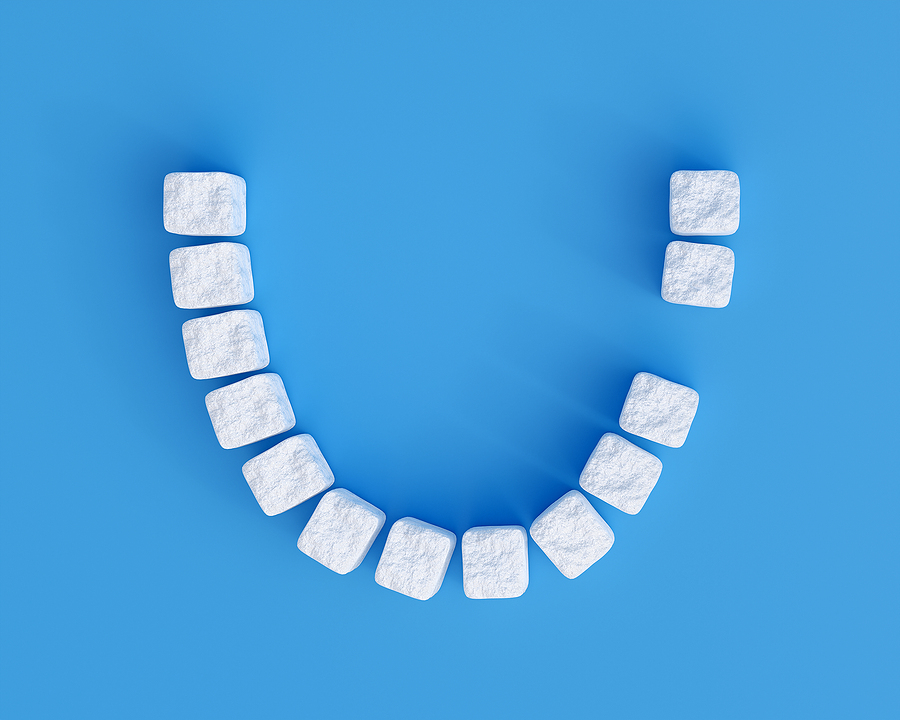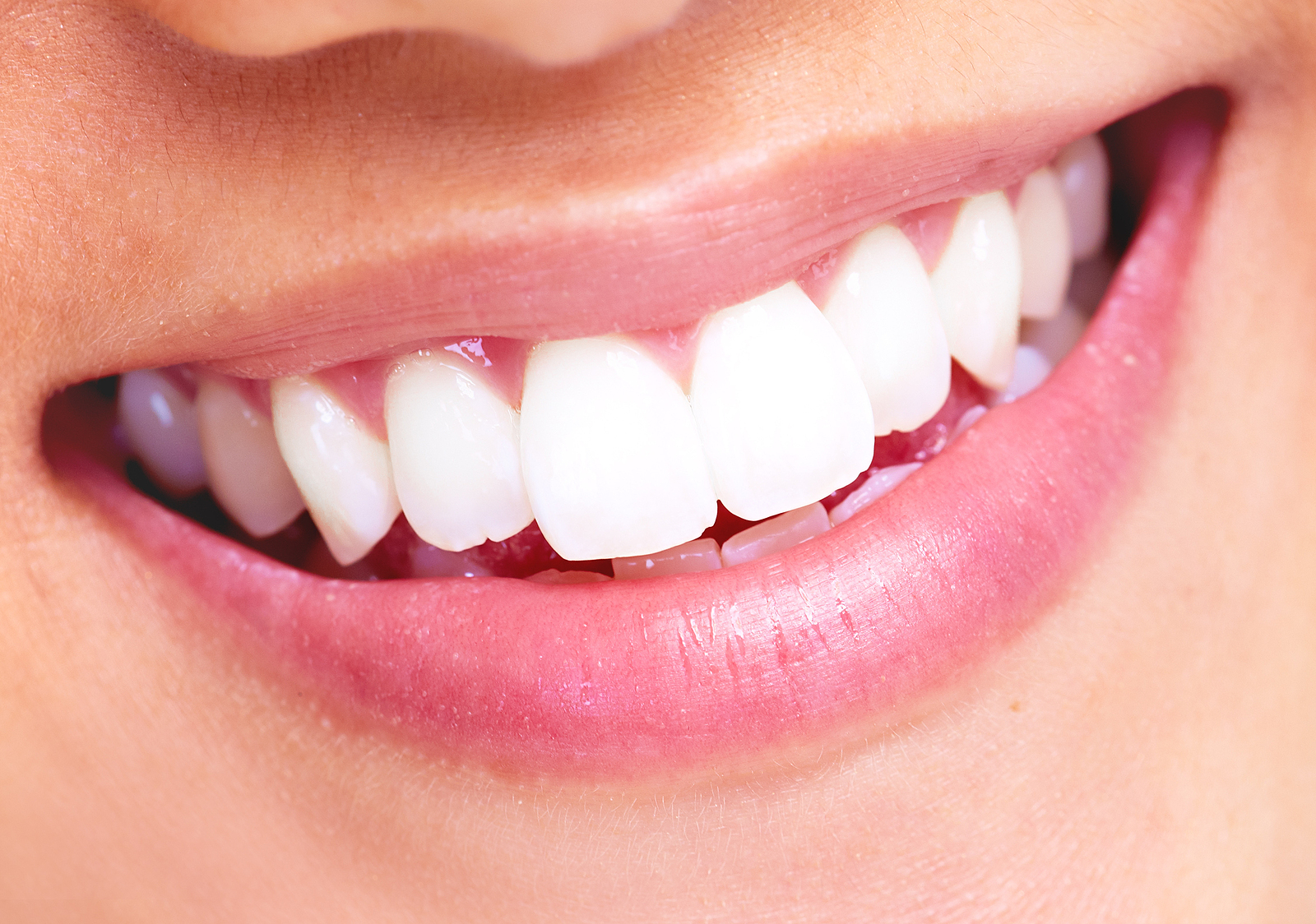Oral PH: The Chemistry Of Healthy Mouths
Posted by Paige Lester on Apr 22 2020, 01:36 AM
Oral pH is the measure of the acidity or alkalinity of your mouth. Your mouth is naturally acidic, with a pH of 6.0 to 7.0.
What is pH, and why is it important?
pH levels measure how acidic or basic a substance is on a scale of zero to 14, with anything above seven deemed “basic” and below seven considered “acidic.”
What many people don’t realize is that their saliva has a neutral pH level of approximately seven as well. This is based on research from the National Institutes of Health and other scientific sources. Saliva is the body’s way of cleansing the mouth, helping to remove bacteria and leftover food particles after eating. Without this constant rinse-wash cycle, our mouths would become a hotbed for dangerous bacteria to flourish.
When your mouth is too acidic, this can lead to a host of problems, including tooth decay, cavities, gum disease, and even tooth loss. This is because acid wears down tooth enamel, which is the outermost layer of the tooth that protects the inner layers and nerves from decay; once the enamel has been worn away, the bacteria can reach these sensitive areas and cause damage. This is why it’s so important to regularly brush and floss your teeth in order to protect your enamel from not only bacteria and plaque buildup but also the negative effects of an acidic environment.
If the acidity isn’t addressed, it can result in painful and uncomfortable symptoms and damage to the tissues inside the mouth. A patient with this condition may notice red or white lesions around his or her gums, bleeding when brushing the teeth, persistent bad breath, and a metallic taste in the mouth. Additionally, the patient may have sores that refuse to heal, tender and inflamed gums, or a feeling that something is caught in the throat.
What is plaque, and how does it affect your oral health?
Bacteria in the mouth convert sugar and starch into acids. These acids lower the pH of the mouth, which is beneficial when eating food because it helps digestion. However, when the mouth is acidic for a prolonged period of time, it can cause tooth decay and gum disease. When bacteria are allowed to remain on the teeth for too long, they form a sticky substance called plaque. Plaque contains bacteria that produce acid, which dissolves tooth enamel and causes cavities. It can also irritate gums and cause gum inflammation or gingivitis. Over time, this chronic inflammation can destroy the bone that supports the teeth. This can lead to tooth loss if left untreated.
Oral pH levels should be between 6.5 and 7. This means that a neutral environment exists and that bacteria and acids cannot thrive. Maintaining a neutral oral environment is easy if you brush your teeth twice a day, floss once a day, and visit your dental hygienist for regular cleanings and examinations. Your dentist can help you determine the best frequency for your professional cleanings. He or she may also provide other oral hygiene recommendations based on your individual needs.
Call us or schedule an appointment online to learn more.



